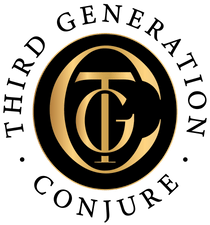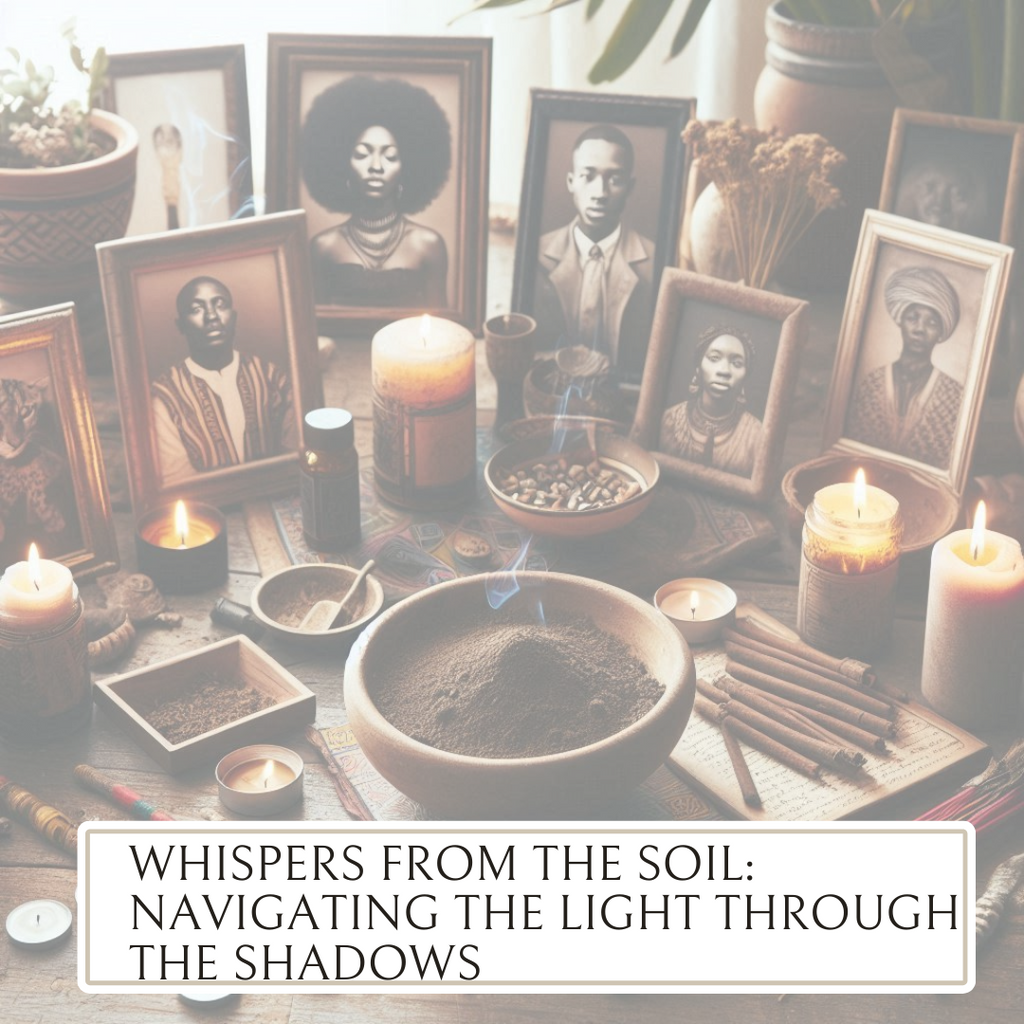This is going to be a very vulnerable pen, as a moment I experienced recently prompted me to share this piece. As many of you know, I lost my grandmother a few months ago. I have experienced death before, but this has been the hardest one for me by far. You love all your family deeply, but there’s something different about your maternal grandmother—the matriarch, the heart of it all.
I’ve always been the “strong one,” and I see death through a unique lens. But even with that strength, there are moments, especially in solitude, when her absence hits differently. Today was one of those days. Sometimes in our spiritual work, we walk a fine line between light and shadow, and this experience reminded me how powerful that balance truly is. In darkness, we often discover light. Every path holds both creation and destruction—it’s the natural rhythm of life. I had to remind myself of that in my practice, too. We often get caught up in labeling things as “good” or “bad,” instead of just accepting them as they are.
A few days ago, we had my grandmother’s headstone installed. I took the temporary marker and gathered some of her graveyard dirt. When I received it, I felt fine—steady. But fast forward a few days to when I placed the marker and dirt on my altar… and that’s when everything hit me. A wave of emotions rushed in—grief, love, and everything in between. I believe those moments happen for a reason. They say (and honestly, I don’t know who “they” are), that when emotions come out of nowhere, it means spirit is near. And I truly believe this.
Graveyard dirt often gets a bad reputation. Yes, it can be used for darker workings—like our DUME candle, which channels destructive energy. There is a reason the energy in graveyards feels potent, almost restless—it’s a powerful, liminal space. But the same dirt can also be used for healing, protection, and spiritual elevation. Like everything in spiritual work, it’s not inherently “good” or “bad”; it just is. It’s how you choose to wield it.
Ancestor veneration has always been at the heart of my practice. It’s about honoring your ancestors, empowering them, and strengthening the connection within your bloodline. And I know this practice works—I’ve seen the results firsthand. When my grandmother passed, I knew it before anyone told me. That night, she visited me and my mother in a dream. And she didn’t just show up; she came with messages and instructions that we later confirmed as true.
She even guided my nephew to look for something in a specific spot—and sure enough, it was exactly where she said it would be. She is powerful. Anytime I ask her a question, she shows up the same night with answers. In these dreams, she speaks with clarity. Other ancestors, including my other grandmother, do the same. Their voices and guidance are crystal clear because they’ve been elevated through veneration. This clarity isn’t just a gift—it’s the result of consistent work and devotion.
This is why I always stress the importance of ancestor veneration. When we honor our ancestors, we empower them—and in turn, they empower us. It’s not just about leaving offerings or lighting candles; it’s about building a bridge between realms, ensuring that your bloodline remains strong and spiritually connected.
I promise you, it makes all the difference. When you elevate your ancestors, they walk with you in ways you can't even imagine. Their guidance becomes sharper, their presence stronger, and their protection unwavering. It’s a practice rooted in love, remembrance, and balance—navigating both the light and the shadows, just as life requires us to.


Comments (1)